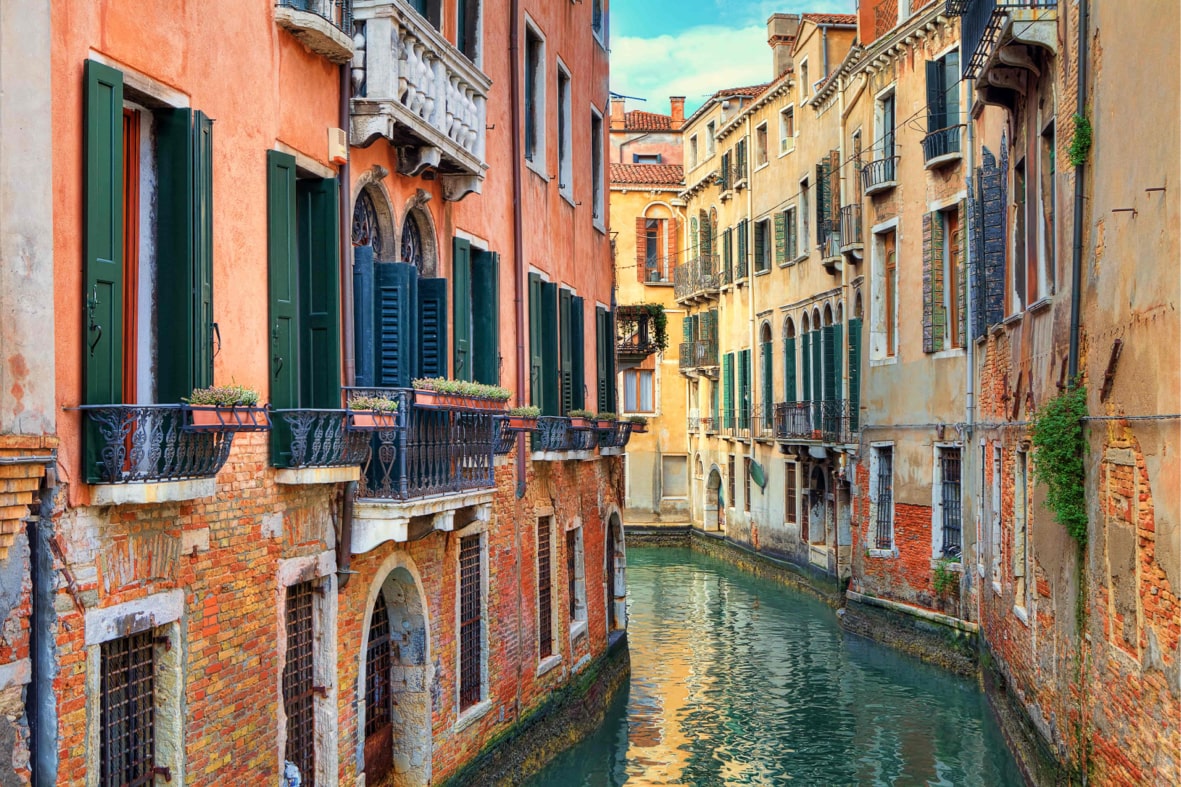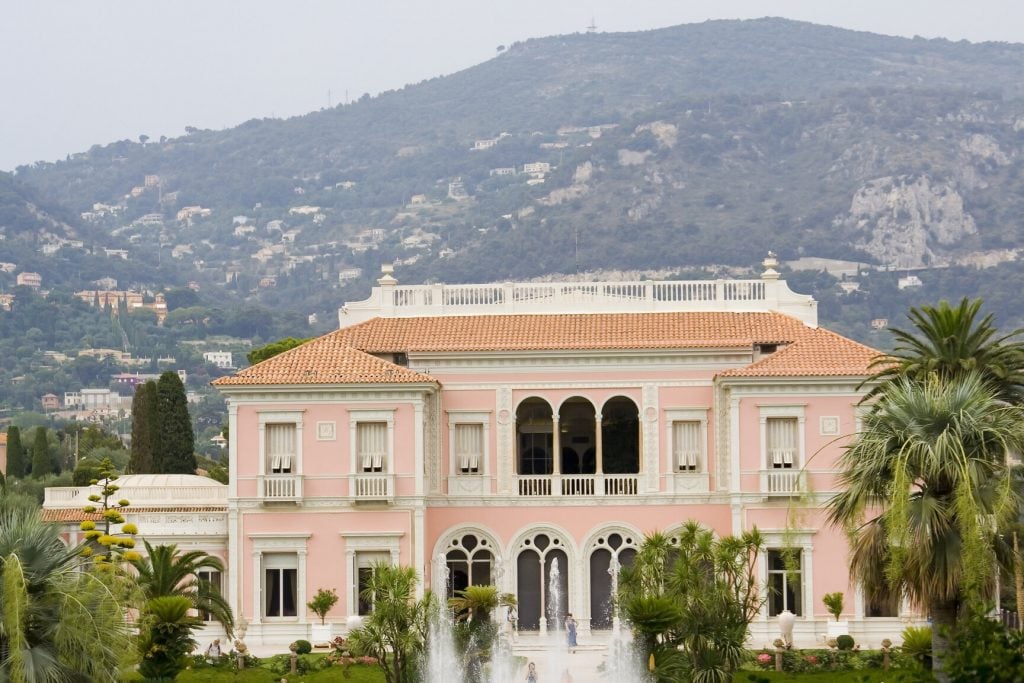Italy’s Non-Domiciled Tax regime (‘Non-Dom’ regime) was first introduced in 2017 and is Italy’s answer to similar schemes in other European countries that aim to reduce the effect of an individual’s worldwide tax by offering fiscal incentives to high-net-worth individuals, principally as a flat tax rate, on non-Italian sourced income.
Who can benefit from Italy’s Non-Dom Scheme?
Italy’s Non-Dom regime is aimed at attracting high-net-worth individuals and families to the country. In general, any such scheme is designed to make a country more fiscally attractive for foreigners to make their tax residence, and Italy is no different. Individuals making Italy their tax residence bring more taxable wealth to the country (albeit usually under attractive conditions in a win-win set-up), but also encourages significant investment in real estate as well as ongoing domestic spending. Italy’s Non-Dom regime is also linked to Italian residency, given that individuals that are approved for tax residency are eligible to apply for a two-year residence permit, which can be extended for the further three years. Thereafter, permit holders can apply for long-term residency rights and, ultimately, Italian citizenship if they wish. Residence permits in Italy provides visa holders the right to circulate freely within the Schengen region, thus allowing for free movement within the European Union.
To be eligible to apply for the Italian Non-Dom regime, high-net-worth individuals cannot have resided in Italy during the at least nine of the past ten years, at the time they apply for the scheme. While the scheme is predominantly aimed at wealthy non-Italian nationals and families who may want to move their fiscal residence to Italy. However, Italian expats who meet the necessary criteria (i.e., they have not resided in Italy for the applicable period) are also able to benefit from the regime.
Italy Non Dom Tax Regime
One of the most advantageous aspects of the regime is that Italy now offers a flat tax rate for high-net-worth individuals. As a high-net-worth individual, you have the option to pay €100,000 per annum on any foreign income you generate as an Italian tax resident. The rate is fixed regardless of how much foreign income you produce over the course of any fiscal year, meaning that even if your income would be significant enough to trigger a very significant income tax liability, you will only ever be required to pay €100,000. Included in the Non-Dom regime’s flat tax rate is:
- Exemption from paying wealth tax in Italy on your foreign investments, including paying tax on the value of foreign real estate investments (usually calculated on the value of the property at the time you bought it)
- Exemption from inheritance and gift tax payable in Italy
- No need to file declarations relating to investments held abroad that fall under of the scope of the flat tax
Any income you generate in Italy will not be eligible to be considered under the flat tax and will be taxed at standard Italian rates. The scheme is likely to be most beneficial if most of your income is – and will continue to be – generated outside Italy. The flat tax rate of €100,000 is applicable for a period of fifteen years, which is counted from the first year that you benefit from Italian tax residency.
Get in the Know
Subscribe to our newsletter
Close family members (spouses and children, and in some cases, parents and siblings) of individuals benefiting from the flat tax regime can also request that the scheme is applied to family members. To be eligible, these family members must also make Italy their main tax residence under the Non-Dom regime.
Property Hotspots
While many expats that move to Italy to work in regular employment tend to reside in Rome and other larger Italian cities, Milan and the Como region tend to be the locations of choice for high-net-worth individuals looking to benefit from Italy’s Non-Dom status. As well as the fiscal benefits, Italy’s laid-back lifestyle, stunning scenery, food and culinary delights have all come into sharp focus in recent years, with more individuals and families considering spending more time in the country to benefit from the culture and way of life.
Milan and the Como region offer exceptional real estate and quality of life. The property market is liquid, popular with residents who live in the region permanently, as well as non-resident families who buy holiday property in the region, and plenty of luxury real estate comes onto the market all the time. Milan and the Como region offer a stunning range of prime villas and palazzo-style properties which are in-demand from wealthy foreign investors, particularly if they have already been renovated and do not require development. These regions are also ideally suited for high-net-worth individuals: there are excellent global transport connections from Milan Malpensa airport, with Linate being favoured by those flying privately. The region has great international schools, a strong expat community as well as amenities, shopping, restaurant and high-end leisure options.
Tuscany and Liguria are also firmly likely considerations for those considering Italy’s Non-Dom regime. The regions have become more widely known in recent years, and as a result, their property markets have become more liquid and there are more luxury properties on offer all the time.
Italian High-Value Mortgages
For any international investors buying Italian property – whether they are looking for Non-Dom status or not, international private banks are the best port of call for a mortgage. While buying in cash can seem like the most straightforward option, mortgages can be fiscally beneficial, especially if you are buying a high-value home. Liquidating assets to create the liquidity you need to buy a prime Italian property and then transferring that capital into the country and, often taking a heavy hit on the exchange rate, also means that a mortgage is a better option.
While many of Italy’s retail banks can’t offer high-value mortgages to non-residents, they can sometimes assist with resident mortgages, but they tend to have a more rigid approach to lending and offer simple products: usually amortised loans you’ll need to pay back as a mixture of capital and interest. In most cases, you will also need to buy the property in your own name to be eligible for a retail bank mortgage, given many of these lenders will struggle to lend to structures, even if they are relatively simple.
Conversely, private banks offer different lending products that may be more flexible and suited for high-net-worth borrowers, such as interest-only mortgages. These lenders can also cater to you better if you generate significant income outside of Italy, which is usually the case if you want to benefit from the Non-Dom regime. Private banks will look holistically at your overall wealth, assets and income to determine affordability and suitability for a high-value Italian mortgage. As part of this, they will also lend directly to corporate entities that hold property and can consider you if you have complex income or what is considered an unusual financial situation in the mainstream mortgage market: if you generate income via a trust, or if you are a business-owner, for example.
To qualify for private bank mortgages, you will usually need to place assets under management with your lender – dry lending is possible, but in today’s market is increasingly difficult to access, even if you are a very high-net-worth individual. To qualify for a private bank mortgage, you will usually need to put a minimum of at least €1 million in assets under management, increasing up to around 25-35% of the mortgage value for larger property purchases if you are buying real estate at the top of the market.
Placing assets under management is something you will need to consider carefully if you opt for an Italian private bank mortgage. While placing assets under management can seem daunting if you are unfamiliar with how the process works, it offers a multitude of benefits. The amount that you place under management with a private bank doesn’t form part of the equity you own in a property nor act as a deposit, so you can effectively access a 100% mortgage.
Because the capital you place under management with the bank is actively managed, it will also generate continued returns over the lifetime of the mortgage, and when executed properly, returns can even cover your mortgage payments. It’s also not unusual for private banks to offer guaranteed returns, and you will be able to choose the type of portfolio your capital is invested in, giving with banks offering a variety of investment strategies and products that will meet different risk profiles. This will include portfolios with very defensive investment strategies that will guarantee a return (as a percentage) and secured funds. Naturally, if you have a very significant net worth and you are seeking a large mortgage, private banks will offer completely bespoke assets under management arrangements that will be entirely personalised and will be tailored by the bank to meet your risk appetite, investment preferences.
We regularly broker large Italian mortgages from private banks, and can walk you through how this works, explain the various options on offer and set up meetings with lenders to explore placing assets under management more fully. One of the most important elements of placing assets under management is ensuring that you are happy with how the bank you're with manage your assets. Each bank will have a different approach and products on offer, and we will work closely with you to understand your requirements and preferences to match you with the bank that will offer you the best AUM package.
This guide is for information and illustrative purposes only and nothing contain within should be construed as advice or a recommendation. You should ensure to consult qualified tax, legal and/or accounting advisors to understand more about what is covered in this article in relation to your personal situation.
Financing options available to you will depend on your requirements and circumstances at the time. Any changes in your circumstances, any known likely changes, or omissions in the information you provide can affect the suitability of the options available to you. These should be communicated to us as early as possible.
If you are considering securing debts against your main home, such as for debt consolidation purposes, please think carefully about this and consider all other options available to you.
Your home may be repossessed if you do not keep us repayments on your mortgage or other debts secured on it.




